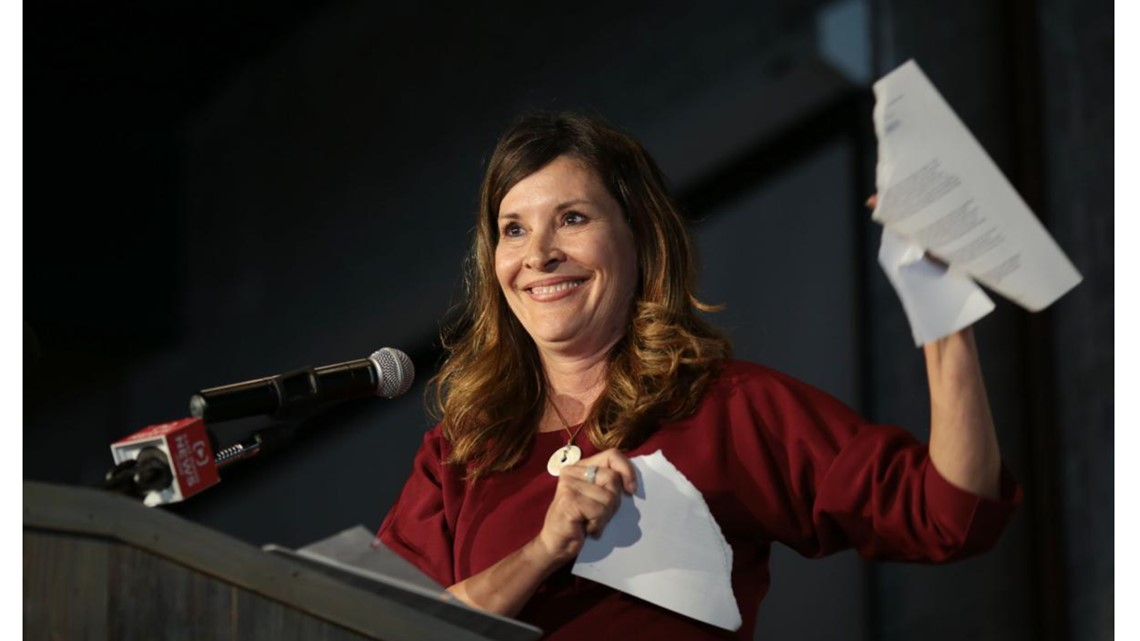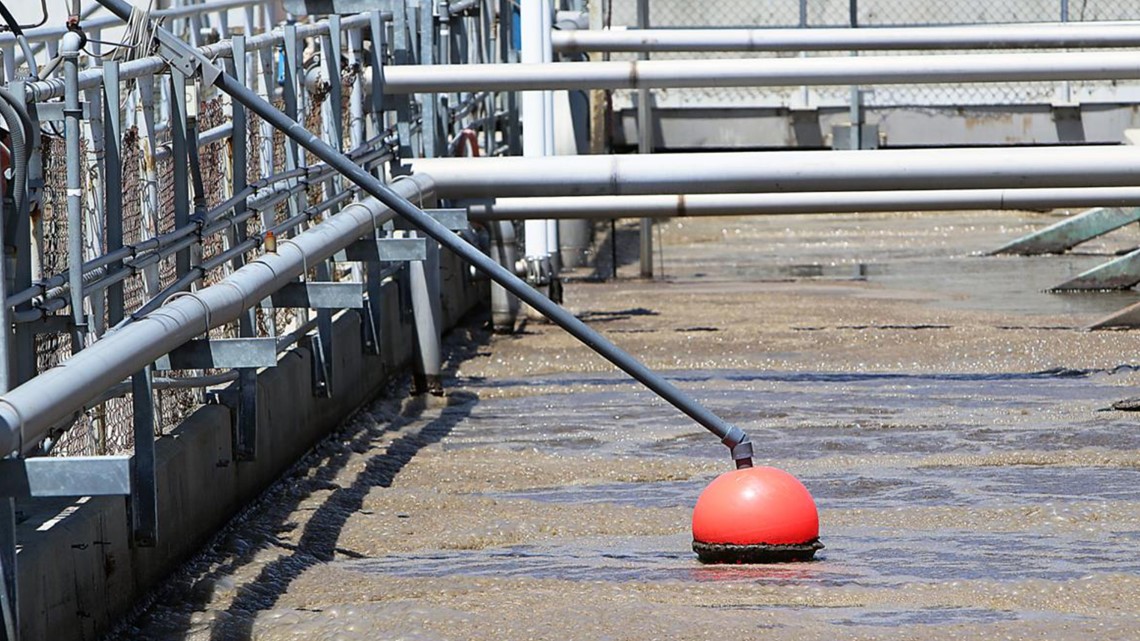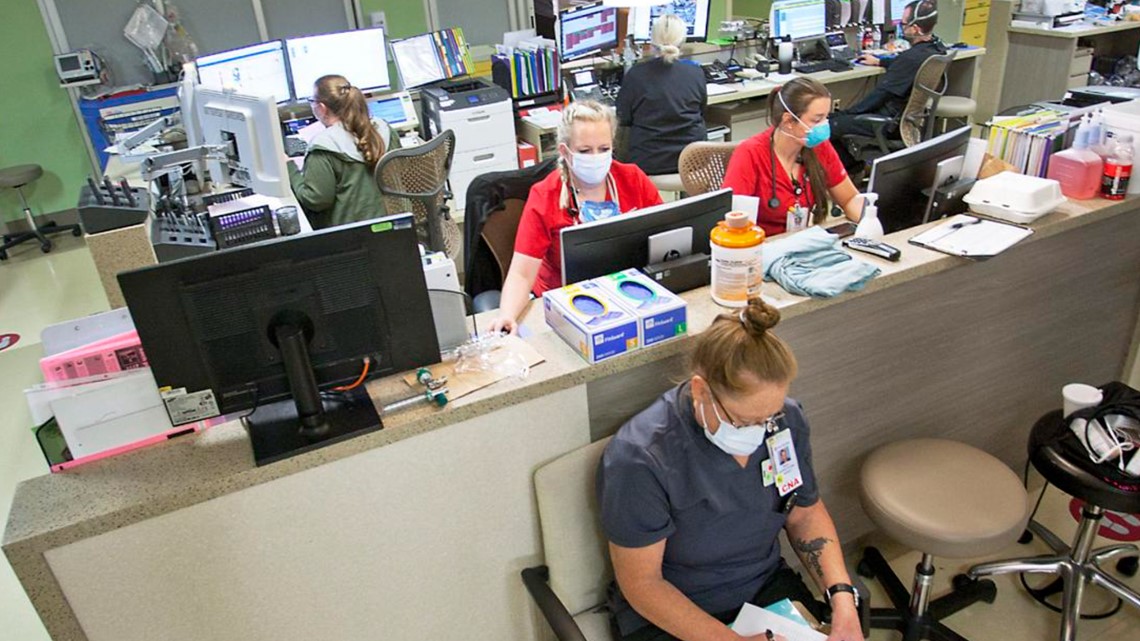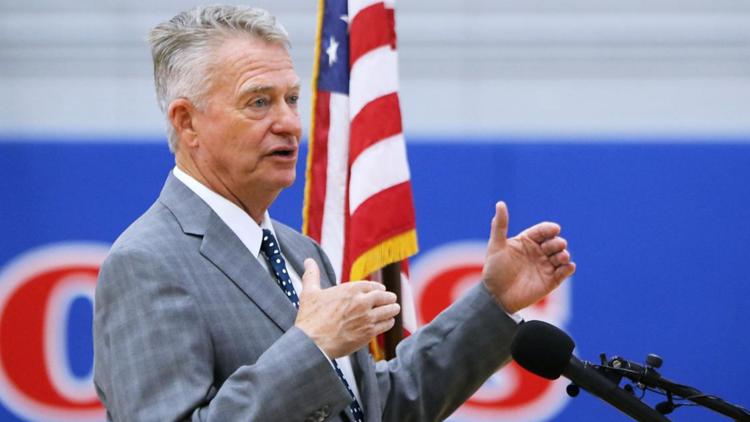BOISE, Idaho — Note: This story originally ran in the Idaho Press.
Idaho will face challenges and change in 2022.
Here’s a look at some of what’s coming, starting with state government and politics:
ELECTIONS
The coming year promises to be a mammoth election year, the Idaho Press reports, with every statewide office, from governor to attorney general, on the ballot, along with all 105 seats in the Idaho Legislature and three of the four in Idaho’s congressional delegation. There will be hot races from the top to the bottom of the ticket, with incumbent Gov. Brad Little being challenged by Lt. Gov. Janice McGeachin and a slew of other hopefuls in the May GOP primary; former three-term Congressman Raul Labrador trying for a political comeback with a run against Idaho Attorney General Lawrence Wasden; and numerous state lawmakers thrust into runs against each other due to redistricting.
Hotly contested races also are shaping up for two statewide offices that will have open seats next year: lieutenant governor and secretary of state.
The primary election is May 17; the general election follows on Nov. 8.


INITIATIVES
Voter initiatives have brought big change in Idaho over the years, from creating the Idaho Fish & Game Commission in 1938; to the Sunshine Law on campaign finance and lobbyist disclosure in 1974, which drew 77.6% voter support; to the successful Medicaid expansion initiative in 2018. This year, Reclaim Idaho, the same group that sponsored the Medicaid initiative, is circulating a new one to significantly increase education funding in Idaho.
If the initiative makes the ballot and Idaho voters adopt it, it could upend the current push against public education in Idaho and reframe the terms of debate for future lawmakers. Other initiatives in the works include measures to raise the $7.25 per hour minimum wage and to legalize medical marijuana.
KINDERGARTEN AND THE STATE SURPLUS
With the state looking at a $1.6 billion budget surplus, there’s a push among lawmakers to finally address funding for full-day kindergarten in Idaho, something most Idaho school districts already offer at least some of their students, but only through a patchwork of funding sources ranging from supplemental property tax levies to charging tuition to parents. Bipartisan legislation was introduced last year to fund full-day kindergarten for all districts for about $42 million a year, but didn’t advance. The change has now been backed by the state Board of Education and the state superintendent of schools, and the state’s strong revenue picture makes 2022 the year it could get traction in the Legislature.
Idaho doesn’t require kindergarten; it’s optional. But with the state’s push in recent years to improve early reading, support has grown for expanding the option, which has proven highly popular with Idaho families. A newly released Idaho study found full-day kindergartners outpaced their half-day counterparts in reading.
Idaho is one of just nine states with no requirement that school districts offer kindergarten, either for half or full days, according to the Education Commission of the States; 19 states plus the District of Columbia require full-day kindergarten to be offered.
DEVELOPMENT OF CANYON COUNTY’S NEW COMPREHENSIVE PLAN TO CONTINUE
Officials and staff in Canyon County are in the process of developing a new comprehensive plan to guide development in the county through 2030. That process is slated to continue in winter and in spring 2022.
“The comp plan has been pushed out until May so that we can meet with some of the agricultural and development community and work through some of their concerns,” said Kate Dahl, senior planner with the county, at a December land ordinance workshop.
The county originally began work on the new plan in fall of 2019, according to the county’s website. In September 2021, county officials published a draft of the new plan, which pointed to agricultural preservation as a main priority going forward. The public can share input on the draft by emailing growingtogether@canyoncounty.id.gov or by filling out the county’s online public comment form, located under the “feedback” tab.
In April and May 2022, the county’s planning and zoning commission and board of commissioners will hold hearings about the plan, with dates still to be decided, the county’s website says. Once adopted, it will be implemented in June of 2022, the website says.


BOISE TO IMPLEMENT WASTEWATER IMPROVEMENTS
In 2020, the city of Boise enacted a long-term water renewal plan which will serve as a guide to upgrading aging wastewater infrastructure, adding capacity to meet the demands of the growing city and developing more ambitious programs such as wastewater recycling.
In recent months, the city has sought funding mechanisms for an array of projects. In November, the city asked voters to approve a $570 million bond for wastewater projects, which it did, overwhelmingly. In December, city leaders announced the Environment Protection Agency awarded Boise a $272 million loan to fund upgrades at the Lander Street Water Renewal Facility as well as a Boise River temperature mitigation program.
“It makes it possible for us to provide the work that we said we would: provide clean water, affordable rates, etc., through our water bond proposal that the public voted ‘Yes’ for at such a high level,” said Boise Mayor Lauren McLean.
Heading into 2022, one can expect the city’s Public Works Department to begin proposing projects, each of which must be approved by the city council. The department recently accepted a bid from Brown and Caldwell, a Boise engineering consultant, to plan a recycled water program.


OMICRON VARIANT IN IDAHO
From Boise State football opting out of the Arizona Bowl, to holiday travel plans being halted for some, to traditional New Year festivities being altered, the omicron variant’s impact was felt locally and throughout the country at the end of 2021.
The rapid sweep of the variant is reminiscent of the early days of the COVID-19 pandemic, with well-known public figures announcing their diagnoses and the sports and entertainment industries grappling with how to manage the new threat.
And while much of the current focus is on cases in New York City and along the East Coast, Idaho is not immune. Additionally, Idaho is the least vaccinated state in the country.
Local nurse practitioner Brad Bigford said he doesn’t expect more Idahoans will get the vaccine.
“I expect more of the same and with the variant being more contagious than Delta but less severe, I think people are going to let their guard down even more,” Bigford said. “Then you’re going to see more hospitalizations because as it’s more contagious, there’s just going to be more opportunities for people to catch it.”
Watch more Local News:
See the latest news from around the Treasure Valley and the Gem State in our YouTube playlist:



